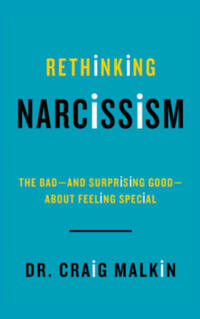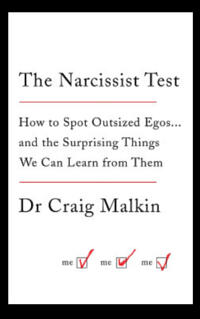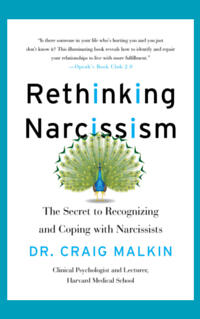PSYCHOLOGIST, AUTHOR AND RELATIONSHIP EXPERT
Dr. Craig Malkin
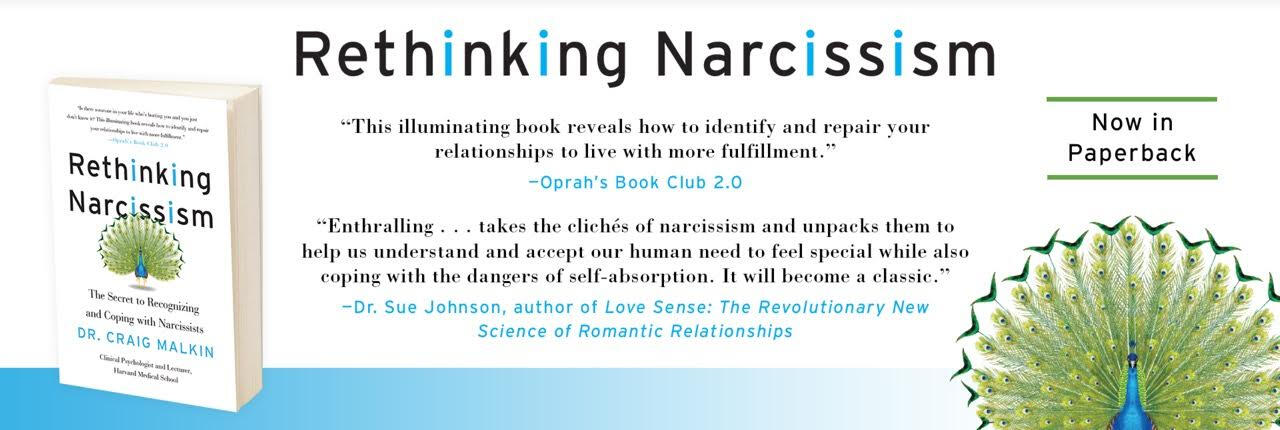
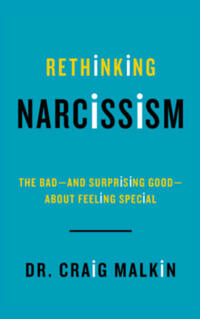

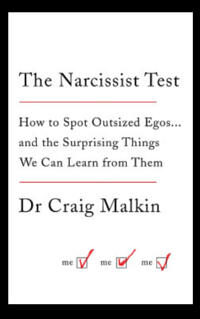
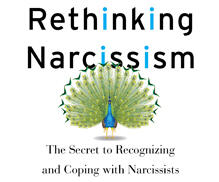
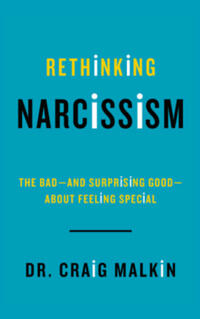
MEET DR. CRAIG MALKIN
Dr. Malkin brings 30 years of experience to his work helping couples, individuals, and families overcome a range of emotional concerns and move beyond their current struggles to live richer, fuller lives. His unique, practical approach to helping people break out of painful romantic patterns combines an in depth knowledge of the science of attraction with a broad, interdisciplinary understanding of what makes relationships work.
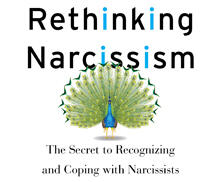
MEET DR. MALKIN
I also believe in an unconscious mind; the evidence is overwhelming at this point that we often perform a range of behaviors without always knowing precisely why. If I think an unconscious habit is causing you trouble, I’ll help you use that insight to keep yourself moving forward. The notion of an unconscious mind is currently embraced by just about every psychological perspective (people mainly disagree about what’s in it); in my case, I’m strongly influenced by a school of thought called relational psychoanalysis, which holds that many of our habits—helpful or unhelpful—stem from a healthy desire to feel like whole, genuine people while still maintaining intimacy with the people we care about. This doesn’t mean the past determines us. If anything, these newer ideas about the unconscious place greater emphasis on how we maintain our problems through our present behavior.Having said all this, I should add that I’m also heavily influenced by research on what works. If a technique is known to be particularly effective with anxiety, I’ll use it to help you. For that reason my approach is often called integrationist: I’ve been trained in a range of techniques and schools of thought, and in any given session I might be drawing on several in an attempt to help you. My clients are used to hearing me refer to one study or another in the course of our conversations. I love reading about what works, and I love sharing it. I think it makes me a better psychologist and a better writer.~ Dr. Craig Malkin
PROFESSIONAL BIO
Dr. Craig Malkin is Lecturer in Psychology for Harvard Medical School and licensed psychologist with over two decades of experience in helping couples, individuals, and families. His research on the role of relationships in psychological growth has been published in peer-reviewed journals, and PsychologyToday.com has called his blog Romance Redux “an essential read.” He is also a frequent contributor to Huffington Post.After teaching in local universities, Dr. Malkin became a Psychology Instructor at Harvard Medical School’s Cambridge Hospital, in Cambridge Massachusetts, where he taught interns, residents, and fellows the theory and practice of psychotherapy. In 2003, he left this position to expand his private practice and continued to supervise and teach for Harvard Medical School’s training program.Dr. Malkin’s advice and insights on a wide range of topics within his areas of expertise have been featured in major national and international on-line and print media magazines and newspapers, including Match.com’s Happen Magazine, Marie Claire, and Women’s Health, as well as popular TV and radio news shows. He continues to practice full time in Harvard Square, in Cambridge Massachusetts, and serves as president and director of his own therapy and consulting company, YM Psychotherapy and Consultation, Inc., which he owns and operates with his wife, Dr. Jennifer Leigh.
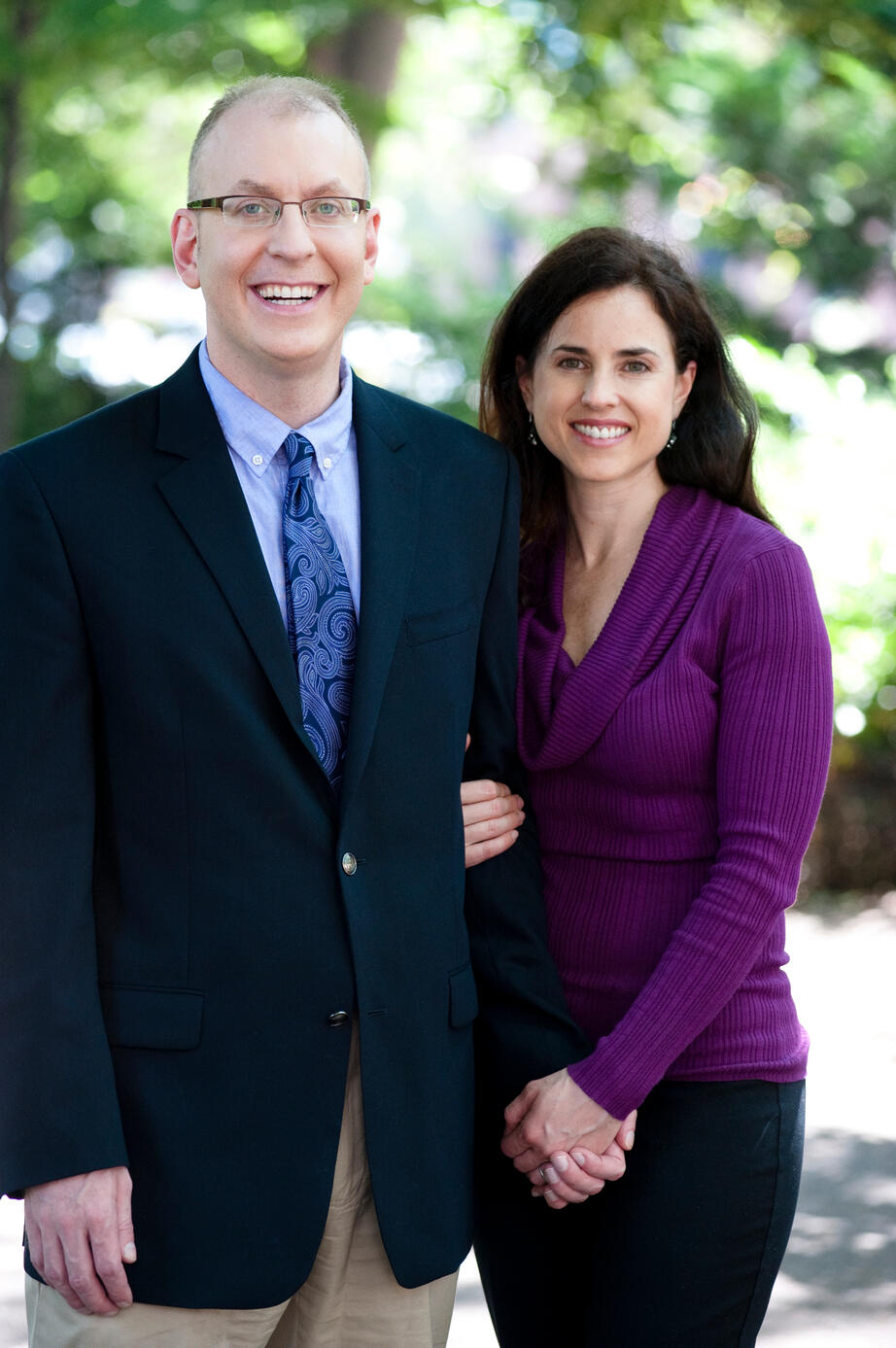
EDUCATION
PhD, Clinical Psychology – University of Missouri
Internship, Harvard Medical School (Massachusetts Mental Health Center)
Post-doc, Harvard University Mental Health Services
CLINICAL EXPERIENCE
Full CV available upon request.
RETHINKING NARCISSISM
WELCOME! I’M DELIGHTED TO ANNOUNCE THAT MY NEW BOOK, RETHINKING NARCISSISM: THE SECRET TO RECOGNIZING AND COPING WITH NARCISSISTS, (HARPERCOLLINS, 2015) IS AVAILABLE TO BUY ONLINE AND IN BOOK STORES NOW.
The internationally acclaimed book named Amazon's Book of the Month, Daily Mail's Book of the Week, featured on The Oprah Winfrey Network, in the New York Times, the cover story in Psychology Today, and selected as The Millions "most anticipated book of the year".
“Is there someone in your life who's hurting you and you just don't know it? In this Harvard researcher's illuminating—reads-like-a-novel—book, he reveals how to identify and repair your relationships to live with more fulfillment.” Oprah’s Book Club 2.0
When most of us hear the word narcissism or narcissist, we envision vain, preening, braggarts who can’t stop talking about themselves. But most of the time, we’ve got it wrong; many narcissists aren’t driven by looks, fame, or money—some may even be shy or soft-spoken. The startling truth is we’ve been distracted by an empty stereotype that blinds us to far more reliable signs of danger—and an entire generation is suffering because of it.In Rethinking Narcissism, Dr. Craig Malkin—a Harvard Medical School Instructor and clinical psychologist with more than three decades of experience—offers a radically new model for understanding this often misused term. Narcissism, argues Dr. Malkin, is essentially a spectrum of self-importance— and everyone falls somewhere on the scale between utter selflessness and total arrogance. When we casually invoke the term “narcissist,” most of us are referring to the shadowy outer edge of the spectrum, which can shade into dangerous psychopathy. Yet there are also those who live at the lower end of the spectrum—dubbed “echoists” by Dr. Malkin. These, too, are people we know; people so fearful of attention or acknowledgment that they often seem to have no voice at all.
As practical as it is wise, Rethinking Narcissism doesn’t just help people avoid the temptations and dangers of extreme narcissism—and narcissists—in both the real world and cyberspace; it helps everyone, including people who don’t feel special enough, find their voices and live more passionate, fulfilling lives.Rethinking Narcissism has enjoyed international expert and critical acclaim for its exciting blend of empirical rigor, down to earth, practical strategies, and compelling story telling. In it you’ll discover:
Order your copy today to learn practical tips on how to cope with and understand narcissism, whether you see it in your friends, lovers, family members—or yourself.
INSIGHTS INTO RETHINKING NARCISSISM
THE NARCISSISM TEST
This informal, brief version of the Narcissism Spectrum Scale (NSS), derived from Dr. Malkin's Narcissism Spectrum Model, offers you a rough sense of where you fall in the spectrum. Being too high and too low on the spectrum are both associated with problems. If you know where you fall, you can work on moving towards the healthy center of the spectrum, which comes with a host of benefits, including, greater self-confidence, a passion for life, and mutually caring relationships.The scale breaks down into three “factors.” Think of these like three large piles the items fall into mathematically. All three are related to narcissism (or the lack of it). But they predict dramatically different patterns of behavior. Each factor is also a rough indicator of different positions on the narcissism spectrum. After you take the test, you’ll receive your result and some tips based on your scores. Your results are strictly confidential.
ARE YOU READY? LET'S GO...
LINKS
ADDITIONAL RESOURCES
MENTAL HEALTH LINKS
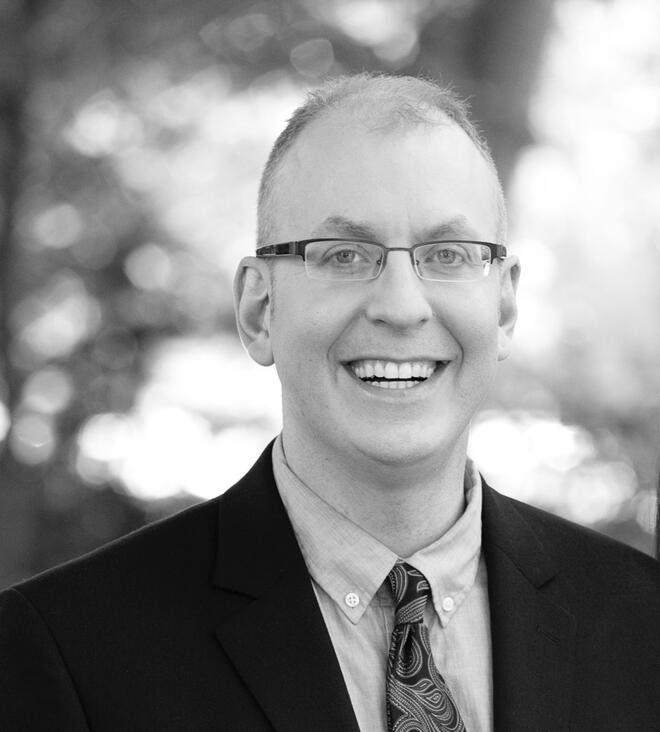
Welcome friends and fans. Thank you for following my work and sharing your feedback. I deeply appreciate the thoughtfulness and gratitude so many of you have conveyed in your comments and messages. I’ve been moved not only by the pain and power of your stories, but the courage you’ve shown in sharing them. I wish I could reply to each of you, at length, but due to the volume of correspondence I receive, I’m no longer able to. But please know that I read all your questions and comments and often address the issues they raise in my articles. One other disclaimer: HIPPA law restricts psychologists from providing therapeutic advice or conducting sensitive conversations through social media or email. I apologize for any inconvenience this might cause. If you’d like to set up a confidential face-to-face, skype, or phone consultation, please call my office: 617-491-1660. You can find fees here. I‘m grateful your interest and support! - Craig Malkin.
THIS IS THE WAY TO PROTECT YOUR KIDS FROM PATHOLOGICAL NARCISSISM
Monday, April 02, 2018
THE LINK BETWEEN NARCISSISM AND DRUG ADDICTION
Tuesday, July 26, 2016
Here's the sixth in this series of unseen video snippets, where I share some bitesize pieces of information on the subject of narcissism. The paperback version of my critically acclaimed book Rethinking Narcissism, with updated material and resources was just released on July 5th, so if this subject interests you, you can buy the book here!
The Spectrum: From Echoism to Narcissistic Personality Disorder
Wednesday, July 20, 2016
Here's the fifth in this series of unseen video snippets, where I share some bitesize pieces of information on the subject of narcissism. The paperback version of my critically acclaimed book Rethinking Narcissism, with updated material and resources was just released on July 5th, so if this subject interests you, you can buy the book here!
Narcissism In Relationships
Tuesday, July 12, 2016
Here's the fourth in this series of unseen video snippets, where I share some bitesize pieces of information on the subject of narcissism. The paperback version of my critically acclaimed book Rethinking Narcissism, with updated material and resources, was just released on July 5th, so if this subject interests you, subscribe below to receive updates!
Join Me For 'Real Narcissists' - The Rethinking Narcissism Paperback Online Launch Event!
Wednesday, July 06, 2016
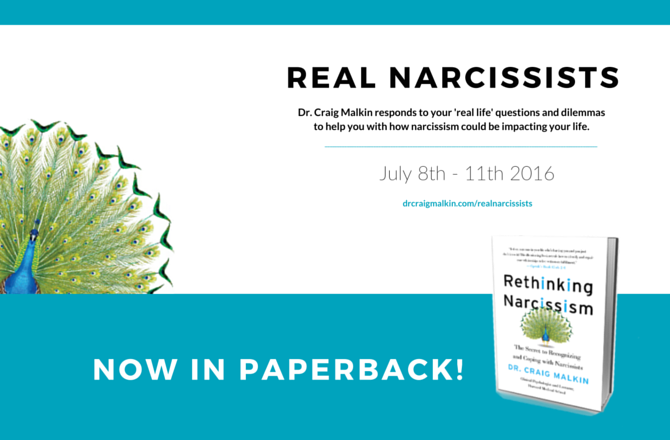
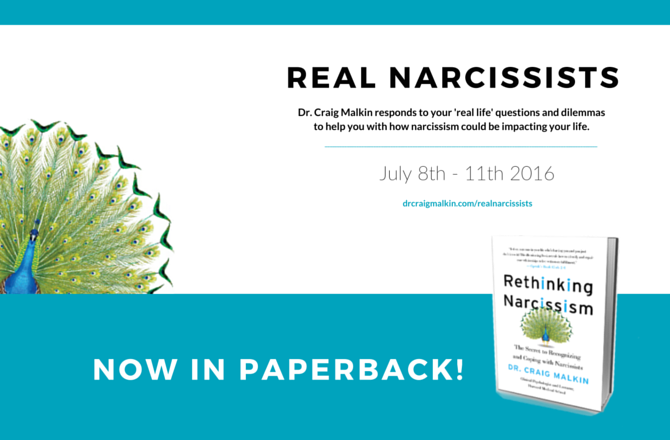
We've kicked off! As of yesterday, now everywhere books are sold--in stores and online--you can get your copy of Rethinking Narcissism in paperback! I want to thank you - my family, friends, colleagues, readers and community for getting the book launch off to an awesome start.
Narcissism Example Couples Therapy
Tuesday, June 28, 2016
Here's the third in this series of unseen video snippets, where I share some bitesize pieces of information on the subject of narcissism. The paperback version of my critically acclaimed book Rethinking Narcissism, with updated material and resources, is out on July 5th, so if this subject interests you subscribe below to receive updates as we countdown to the release!
7 Hours Of CEC Credit For Rethinking Narcissism
Tuesday, June 21, 2016
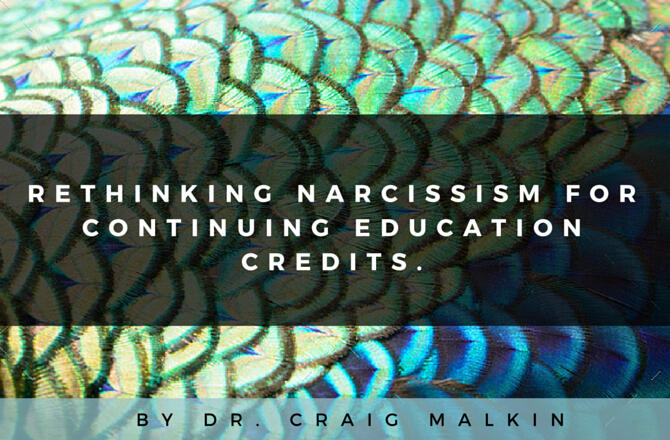
As you may be aware this is the final month for mental health professionals to obtain their licensing hours through continuing education credits. Upon completion of the CE test based on my internationally acclaimed book, Rethinking Narcissism you’ll learn how to:
Does Narcissism Appear In Neuroimaging?
Wednesday, June 15, 2016
Here's the second in this series of unseen video snippets, where I share some bitesize pieces of information on the subject of narcissism. The paperback version of my critically acclaimed book Rethinking Narcissism is out on July 5th, so if this subject interests you subscribe below to receive updates as we countdown to the release!
What's The Basic Definition Of Narcissism?
Thursday, June 09, 2016
I'm excited to release the first in this series of unseen video snippets, where I share some bitesize pieces of information on the subject of narcissism. The paperback version of my critically acclaimed book Rethinking Narcissism is out on July 5th, so if this subject interests you subscribe below to receive updates as we countdown to the release!
Proof, Once and for All, That Narcissists Are Deeply Insecure
Monday, February 01, 2016
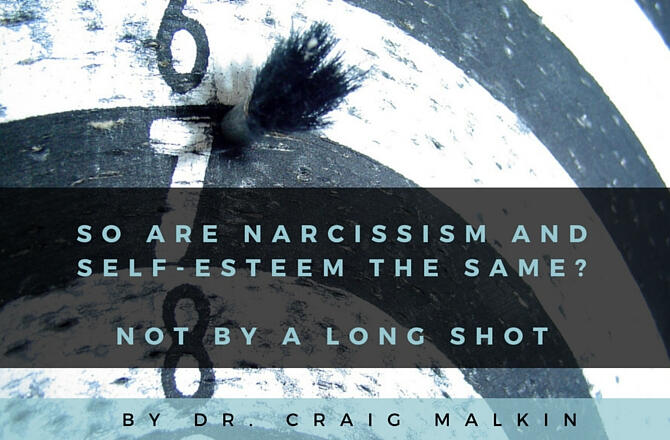
There’s a long standing belief, reinforced by books like The Narcissism Epidemic, that narcissists actually feel great about themselves, despite everyone’s suspicion—dating back to age old wisdom about schoolyard bullies—that no one who has to push people down to feel bigger than everyone else on the planet could possibly possess anything even approaching healthy self-regard.
Why do We Keep Falling For Narcissists?
Friday, December 11, 2015
People often ask me what’s new about Rethinking Narcissism.And the answer is—well, quite a lot: a new definition of narcissism (that explains why there are so many “types” of narcissists), the real reason millenials got such a bad rap, the secret to dealing with narcissistic coworkers, friends, and loved ones—the list goes on. But one of the ideas that resonates most for people who read my work is the concept of echoism—and how it draws us, unwittingly, into relationships with extremely narcissistic friends and partners.
Rethinking Narcissism is on Sale through 11/30!
Saturday, November 28, 2015

The Biggest Online Narcissism Event Of The Year 2015!
Saturday, October 31, 2015
I'm so excited to have this opportunity to officially announce the launch of my brand new podcast I’m hosting called, The Dr. Craig Malkin Show, and to celebrate the launch I have a very special event planned for you that I think you're going to love, where I’ll be giving away 5 copies of my book, plus you could win a personal consultation with me, valued at $400!
Does Over Praise Really Cause Narcissism In Children?
Thursday, October 08, 2015
Most of us want to raise caring and self-confident children, but does telling your children they're special too often and pouring on the praise mean you'll raise a narcissistic brat?
The Difference Between Echoism And Healthy Introversion
Thursday, October 01, 2015
At a recent book signing I responded to an excellent question, "What's The Difference Between Echoism And Healthy Introversion?"
Realizing My Mother Was A Narcissist
Thursday, September 17, 2015
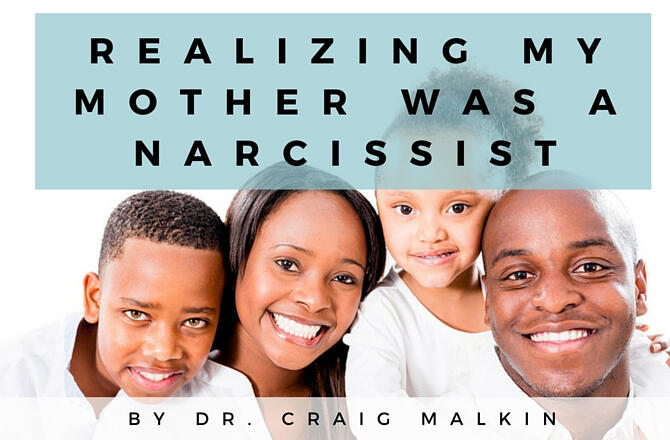
It's extraordinarily helpful for me to draw on personal experience in my work with clients. It adds a depth of emotion and understanding that's hard to reach when I don't bring some of myself into the room. That's one of the reasons I openly talk about my relationship with my mother inside my book Rethinking Narcissism. She introduced me to the topic in the most immediate and vital way possible. And I couldn't have imagined introducing you, the reader, to narcissism, without describing the very struggles that brought me to the topic in the first place. I thought I'd share some of the background from the introduction of my book. I'd love to hear from you in the comments if you've had anyone in your life you've suspected of being a narcissist, and want to share how that's affected you.
Oprah's 12 Most Frequently Asked Questions on Narcissism
Thursday, September 03, 2015
A Guide For Voters In The Elections
Thursday, August 27, 2015
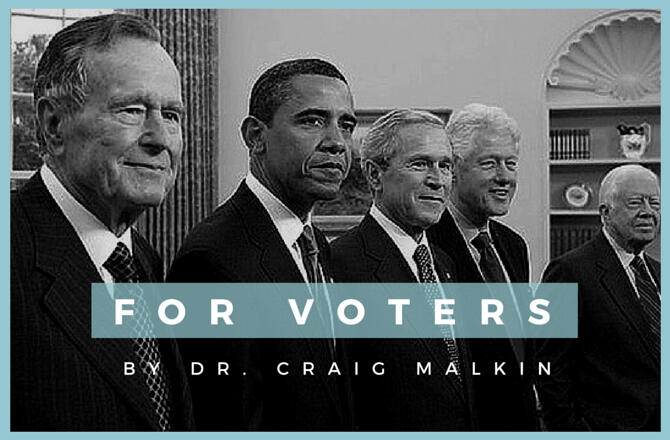
Here in America, we're a little over a year away from casting our votes for the next President of the United States. Campaigns are underway to help convince the public who they should vote for. Which potential leaders and their actions deserve your praise? My recent article on the Huffington post (that's currently had almost 5,000 likes/shares) indicates that we all want to make smart, informed decisions about the answer to that question.
Relationships, Passion, Sex and Narcissism...
Thursday, August 20, 2015
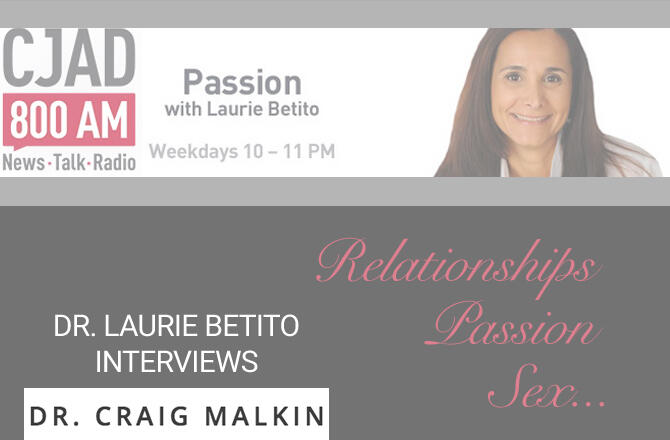
I was delighted to be interviewed recently on "Passion" with Laurie Betito on my new book, Rethinking Narcissism. In this interview we talk relationships, social media and living with Narcissism - listen to the audio or read the transcript! I'd love to read your comments!
Not All Narcissists Are Equal
Thursday, August 13, 2015

You saw it here first, extroverted and introverted narcissism, and a recent article inside NYMag.com highlights not just my thoughts on the matter, but what the research is telling us... "It's just a mess with all these different terms. At the common core, these are people who are addicted to feeling special. It's just that there are a lot of ways to do it."
Please Tell Me If You See My Kids Doing This
Tuesday, July 21, 2015
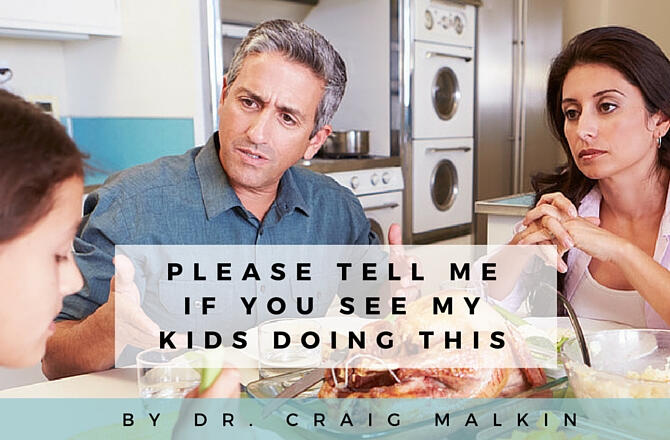
Not Your Average Mom recently wrote a popular post urging parents to tell her when her kids are “assholes”—especially when they’re bullies.And I couldn’t agree more. But I’m not sure most of us have trouble doing that.
The Real Problem with Rachel Dolezal
Wednesday, June 24, 2015
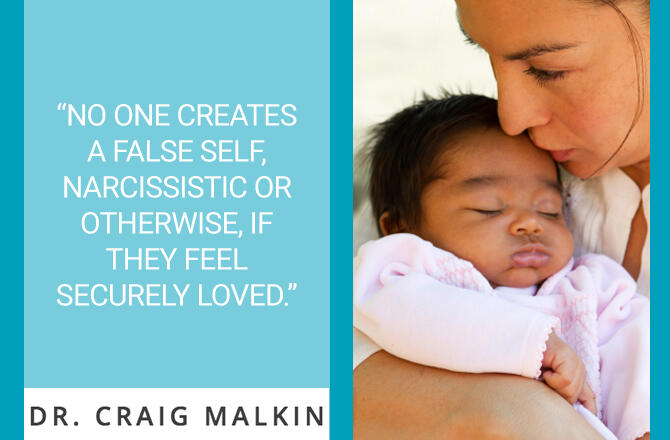
Last week, I was interviewed by The Telegraph about Rachel Dolezal. I’ll repeat here what I said then: No one creates a false self, narcissistic or otherwise, if they feel securely loved.
Can Abuse be Invisible?
Thursday, June 11, 2015
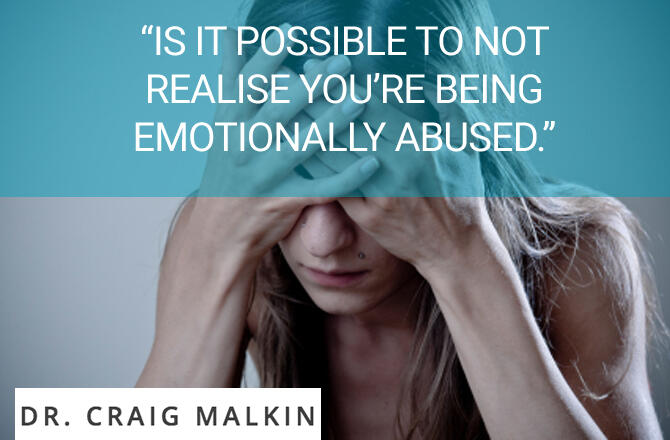
Recently, I was interviewed by Elle magazine for a piece on emotional abuse—an important and all too often neglected topic. One reason it’s so often overlooked is that there are no laws against name calling, putdowns, and mind games, though there should be. Broken legs mend far more easily than broken selves. But the fact that legislation ignores the danger of emotional abuse seems to mirror the way our society, in general, appears to look the other way.
#SoWe: How To Use Social Media to Improve Our Lives
Thursday, May 21, 2015
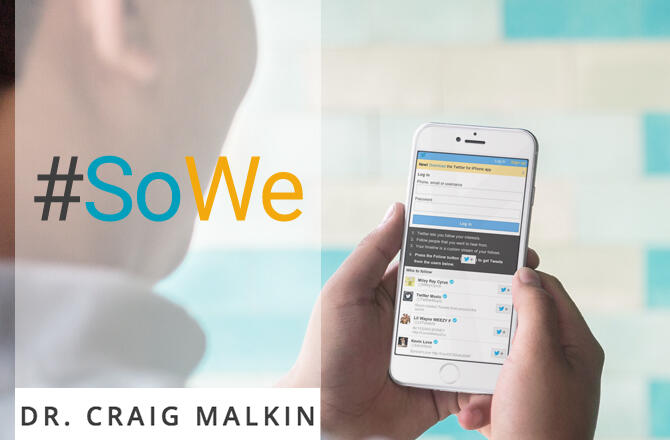
Is social media use good or bad for us?Research is mixed when it comes to answering that question, with some studies claiming that social networking can expand and enhance our relationships and others coming to more troubling conclusions.
One Simple Question that Can Help You Feel Better
Friday, May 01, 2015

Recently, my colleagues, Shannon Kolakowski, PsyD, Heidi Reeder, PhD, and Ben Michaelis, PhD, and I were interviewed for Forbes, in an article called Recovering Resilience: 7 Methods For Becoming Mentally Stronger. It’s a topic near and dear to my heart, but it’s also one that’s happily become central to discussions of mental health and wellbeing.
Love is Blind...and Numb? Why You Can't Always Feel When Love Hurts
Friday, January 07, 2011
from my article on Psychology Today's Blog (Read the original Psychology Today article here)

After teaching at local universities, Dr. Malkin became a Chief Psychologist at Harvard Medical School’s Cambridge Hospital, in Cambridge Massachusetts, where he instructed interns, residents, and fellows in the theory and practice of psychotherapy. In 2003, he left this position to expand his private practice and continued to supervise and teach for Harvard Medical School’s training program. Read More...
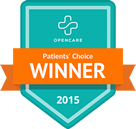
A Cambridge Psychologist winner of the 2015 Patients' Choice Awards.
Verified by Opencare.com
RECENT POSTS
This is the Way to Protect Your Kids from Pathological Narcissism
The Link Between Narcissism And Drug Addiction
The Spectrum: From Echoism to Narcissistic Personality Disorder
Join Me For 'Real Narcissists' - The Rethinking Narcissism Paperback Online Launch Event!
Narcissism Example Couples Therapy
7 Hours Of CEC Credit For Rethinking Narcissism
Does Narcissism Appear In Neuroimaging?
What's The Basic Definition Of Narcissism?
Proof, Once and for All, That Narcissists Are Deeply Insecure
Why do We Keep Falling For Narcissists?
Rethinking Narcissism is on Sale through 11/30!
The Biggest Online Narcissism Event Of The Year 2015!
Does Over Praise Really Cause Narcissism In Children?
The Difference Between Echoism And Healthy Introversion
Realizing My Mother Was A Narcissist
Oprah's 12 Most Frequently Asked Questions on Narcissism
A Guide For Voters In The Elections
Relationships, Passion, Sex and Narcissism...
Please Tell Me If You See My Kids Doing This
The Real Problem with Rachel Dolezal
#SoWe: How To Use Social Media to Improve Our Lives
One Simple Question that Can Help You Feel Better
Love is Blind...and Numb? Why You Can't Always Feel When Love Hurts
Contact Us
YM PSYCHOTHERAPY & CONSULTATION, INC.
Dr. Malkin is available to meet in person at his Harvard Square location, or via phone or web-based medium (please review disclaimer regarding distance meetings). His standard fee for a 50-minute, individual consultation is $690*, with an annual fee adjustment of 3-5%. In order to schedule, please register as a new client here, message Dr. Malkin and he'll get back to you with available times. When cancelling, you must log into the on-line system above, and self-cancel your appointment with greater than 48-hours notice--otherwise the full fee will be charged. Thank you for your understanding.If you're outside of the USA, email Dr. Malkin with subject "Outside US" to receive instructions.*Please note, Dr. Malkin doesn't take insurance, but if you have "out of network benefits" (check with your plan), you may be able to submit a receipt to your insurer for reimbursement.**For interviews or press coverage please contact [email protected], using the subject line "Press Query." **To contact Dr. Malkin for any other reason, please feel free to email [email protected]. Please note: Dr. Malkin receives such a large volume of messages that he is unable to respond personally to all of them or to provide referrals. Unfortunately, he cannot offer services related to legal evaluations (forensic evaluation and treatment) or those involving ongoing court involvement (e.g. custody issues) and testimony. For a list of referrals and additional resources, including forensic psychologists, please click here.
WOULD YOU LIKE TO MEET WITH DR. MALKIN?
Click below to schedule a meeting.
YM Psychotherapy & Consultation, Inc., (YPC) is Dr. Craig Malkin’s private practice and consulting company. It has two locations: Cambridge and Belmont, MA.Dr. Malkin and his wife, Dr. Jennifer Leigh, founded YPC to meet the growing need for relationship assistance by providing psychotherapy, consultation, seminars, and psychotherapy workshops.Dr. Malkin opened YPC in 1999, following many years as a university educator, and his tenure as a Chief Psychologist at Harvard Medical School’s Cambridge Hospital. Dr. Leigh is also a Harvard affiliated psychologist and an Emotionally Focused Therapy certified couple’s therapist, who regularly presents at couples workshops and conferences.YPC is located in the heart of Harvard square, a minute or two from the T. Meetings by appointment only. No walk ins, please.
Privacy Policy
Factor Structure and Key Correlates for the NSSClick to DownloadSRP NSS Poster 2015.pdf














